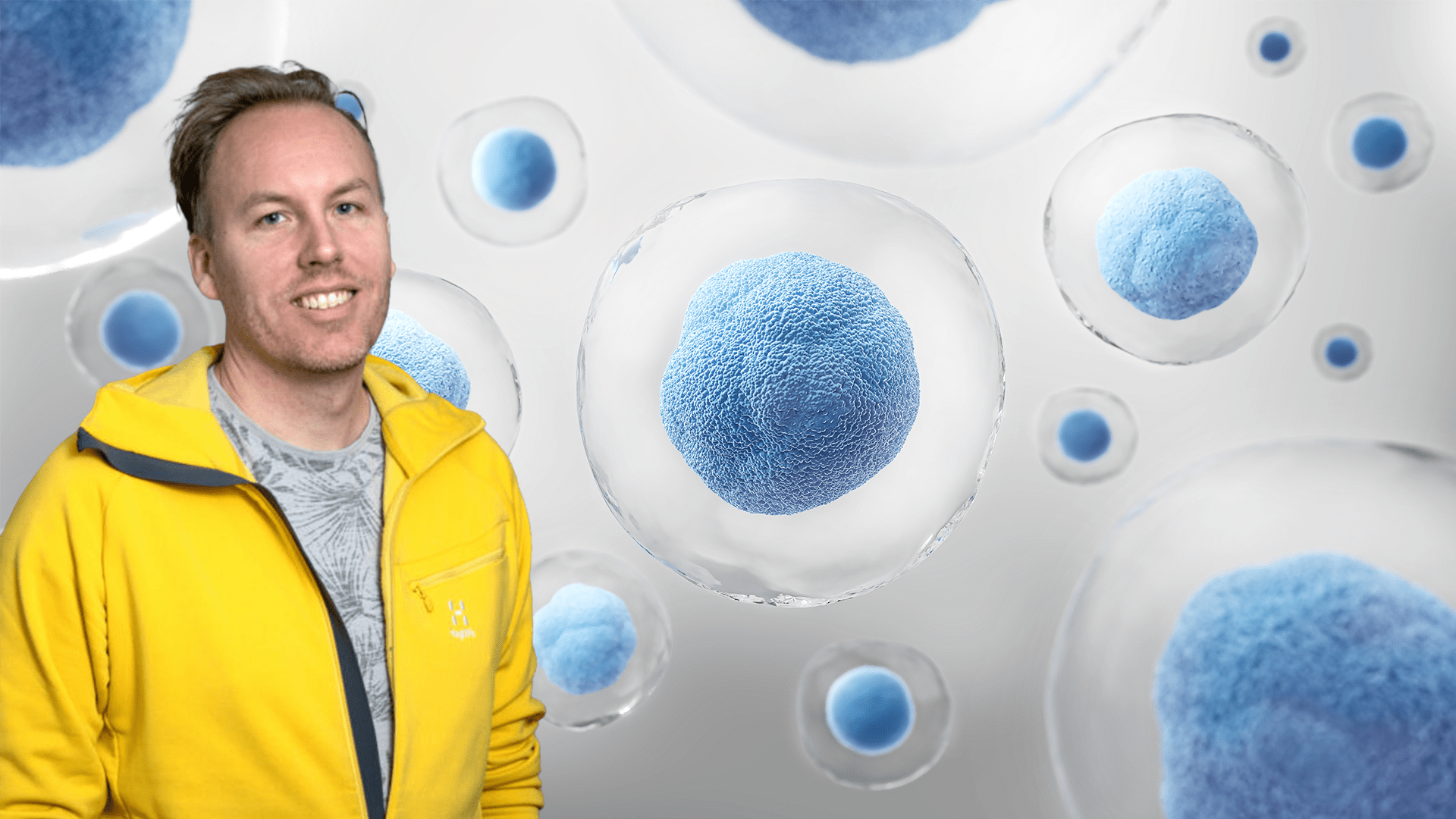New insights into transcriptional regulation and compounds effect on cells
Rickard Sandberg, co-founder of the SciLifeLab Eukaryotic Single-cell genomics facility and professor of molecular genetics, is now receiving the Torsten Söderberg Academy Professorship in Medicine, which comes with a donation of ten million Swedish kronor over a five-year period. Sandberg has made significant strides in developing a new method allowing for a deep dive into the genome at the level of individual cells. This technology has opened up new avenues for research into understanding diseases and aiding the development of new pharmaceuticals.
Rickard Sandberg and his colleagues are particularly interested in studying the processes that regulate the human genome. There are 20,000 protein-coding genes in our DNA, and Sandberg’s team is interested in understanding the different patterns for turning these genes on and off and how often this happens. They are planning to investigate many cell types in humans and mice, mapping their gene activation process for the first time.
“We used to have to look at many cells clumped together, but these methods, developed by us and others, mean that we can start to study the level of expression of genes in individual cells. We can use this to learn more about what actually happens when genes are activated”, he says.
This research is considered at a very high level of basic research but has practical benefits. By understanding the effects of different substances on the gene activation process, pharmaceutical companies can refine drugs to work more effectively and with fewer side effects.
“We will be able to systematically affect cells using hundreds of different pharmaceutical substances. These methods will allow us to directly see their effects at a very early stage, how they work and any side effects they have. This could perhaps lead to pharmaceuticals being refined so they work better and have fewer side effects”, Sandberg says.
With the support of the Professorship, Sandberg’s team can continue to push the boundaries of genomic research, making strides in understanding diseases and developing new pharmaceuticals.
“It is an amazing honor, one reason for which is that the Royal Swedish Academy of Sciences decides the recipient. The Professorship allows us to invest in more systematic and substantial projects, and we can explore innovative projects that take more time,” he says.





